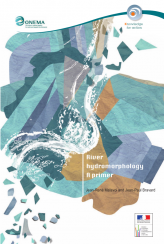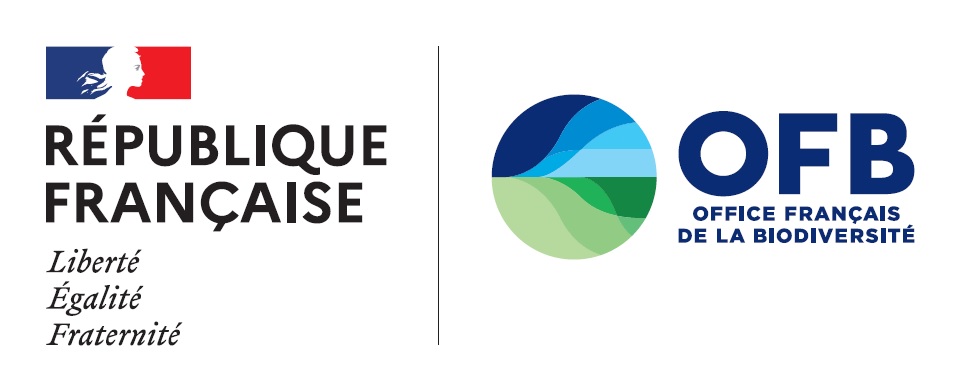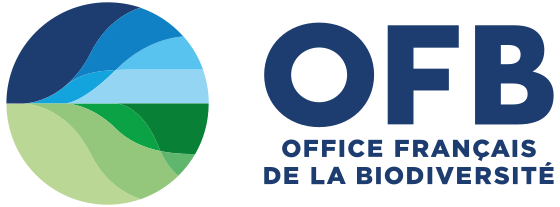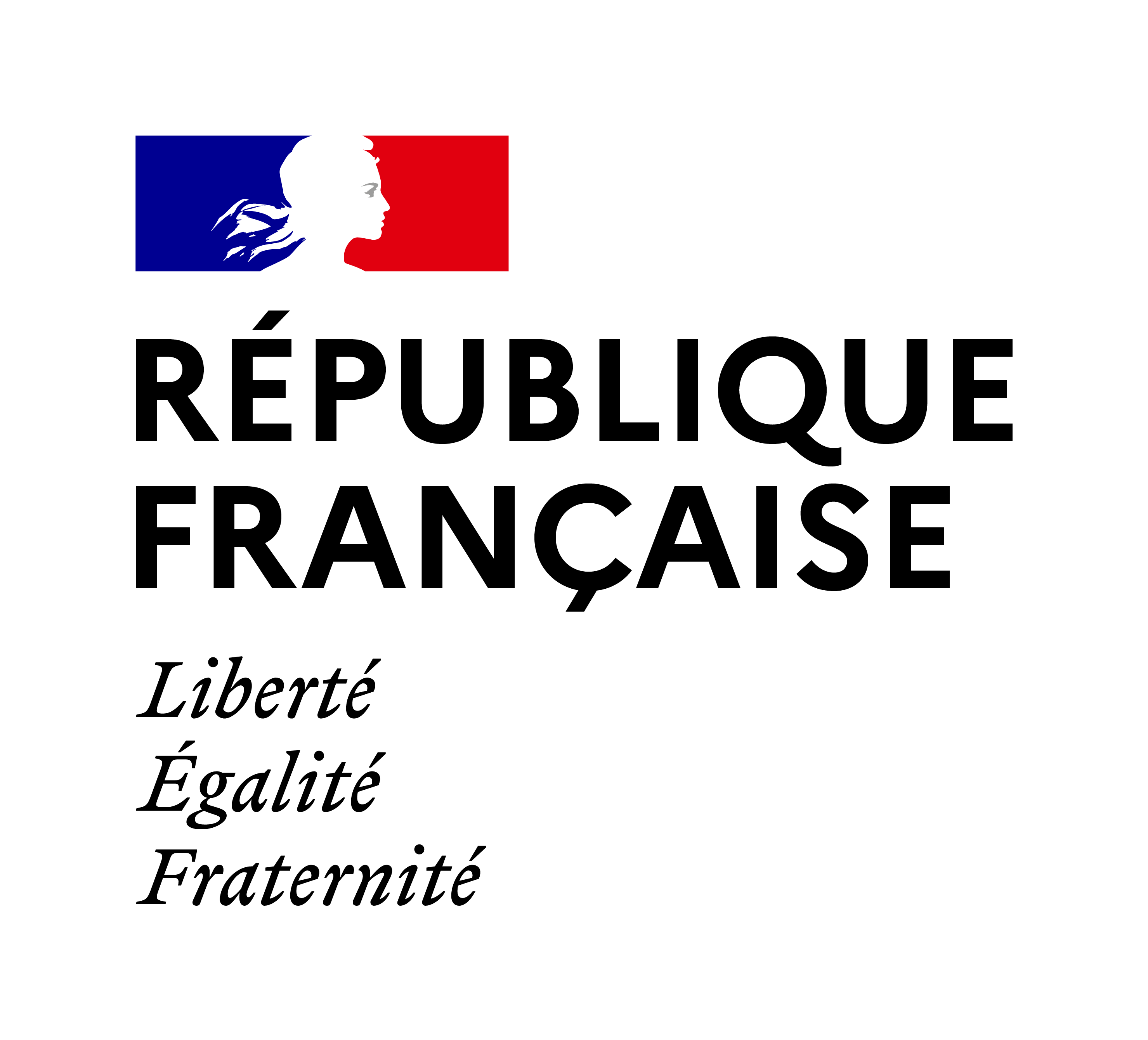Knowledge for action
The Knowledge for action series provides professionals in biodiversity sector (instructors, students, scientists, engineers, managers, etc.) with information on recent research and science-advice work.
A hardcopy of each document may be requested as long as stocks last. Please justify your request when writing to veronique.barre [a] afbiodiversite.fr
River hydromorphology. A primer |
The authors introduce us to river hydromorphology, a scientific discipline that has come of age, and explain the geomorphological characteristics of rivers, from the riverbed itself to the floodplain, that create the major types of habitat on which aquatic and terrestrial species depend. In the process, it becomes clear that the good ecological operation of rivers and their corridors depends on maintaining and restoring the natural geodynamic processes and the resulting geomorphological characteristics.




